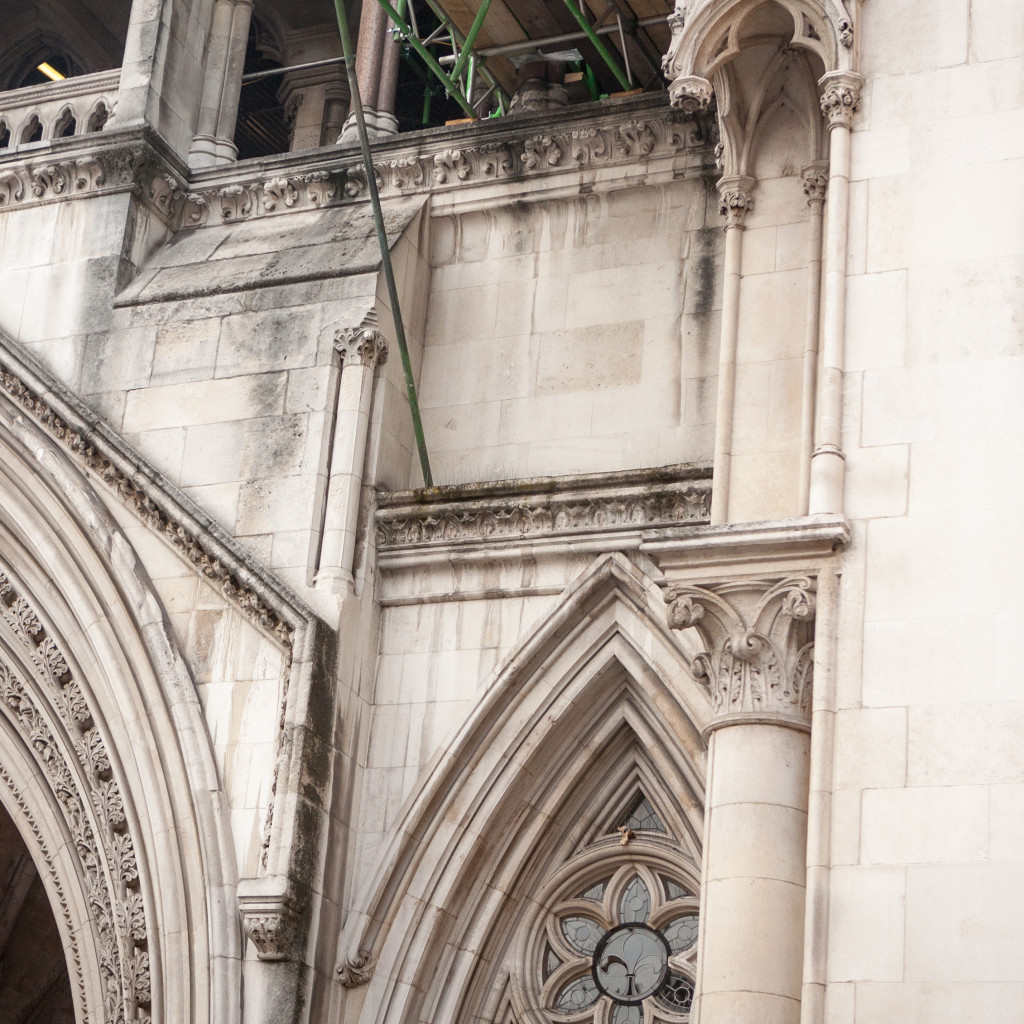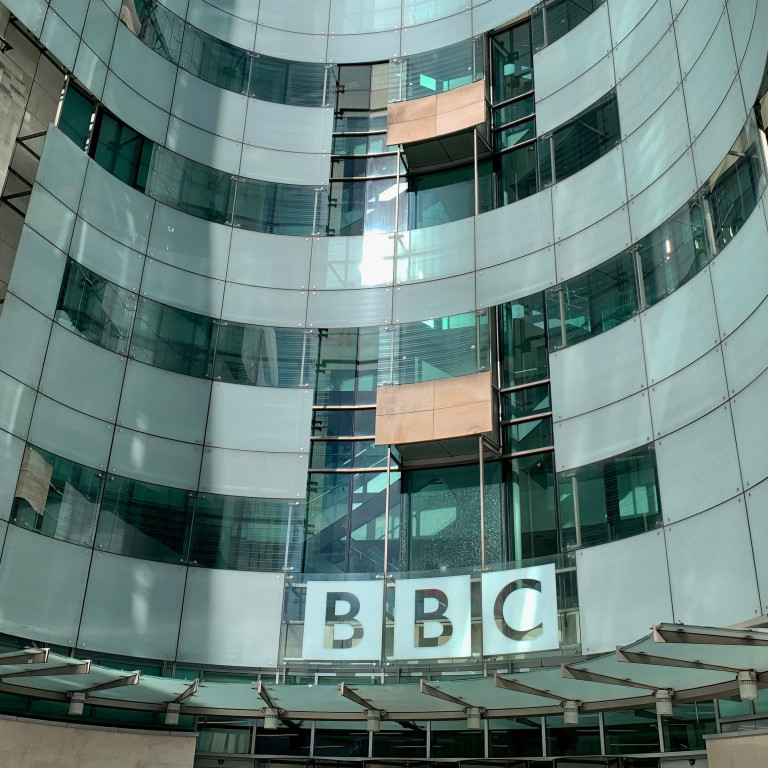The UK’s highest Court has ruled that directors of companies that infringe trade marks can only be held personally liable as an accessory to that infringement if they know that what their company was doing amounted to trade mark infringement.
Why would a director be sued in the first place?
While companies are separate legal entities from their directors and shareholders and generally responsible for their own debts and liabilities, when it comes to intellectual property infringements, directors can’t always hide behind the company structure to avoid personal liability for infringement. Under English law, directors can be sued as 'accessories' and be liable to pay damages where the company is unable to pay. As a brand owner you can therefore sue, not only the company infringing your intellectual property, but also the directors.
Background to the dispute
The claimants are two companies (Lifestyle) who brought proceedings for infringement of registered trade marks and passing off. Those sued included two family-owned companies (Continental Shelf 128 Ltd and Hornby Street Ltd, trading under the name ‘Juice Corporation’), and the company directors Mr Kashif Ahmed and Ms Bushra Ahmed. Mr Ahmed was the sole director of Continental Shelf and both were directors of Hornby Street.
Juice Corporation arranged for the manufacture of clothing and sold it to retailers, mainly in the UK. Mr Ahmed’s role included managing the intellectual property rights of the companies and Mrs Ahmed was head of sales for a “division” of Hornby Street.
Lifestyle complained that the Juice Corporation companies had been offering for sale various items of clothing displaying logos which amounted to infringement of their trade marks and passing off. The Ahmed’s were sued on the basis that they had authorised or procured the companies to do the acts complained or had engaged in a common design with each other or the companies to cause them to do so.
It was agreed that the Ahmed’s had given instructions to manufacture, stock and sell infringing goods which induced Hornby Street to infringe Lifestyle’s trade marks. However, the Ahmed’s themselves were not infringing the trade marks and claimed to have performed their director duties in good faith and with reasonable care.
Hornby Street was found liable for infringing Lifestyle’s registered trade marks and for passing off by a lower Court. Now the Supreme Court had to rule on (1) whether the Ahmed’s were jointly and severally liable for the infringing acts of Hornby Street, focusing on the extent to which knowledge was required and (2) whether they should be ordered to account for profits which they had personally made from the infringements.
The Supreme Court’s decision
The Supreme Court ruled that the Ahmed’s were not liable as accessories. This is because, on the facts of this case, they had no knowledge that what they were doing was trade mark infringement.
The Supreme Court held that an accessory to infringement will only be liable if they have “knowledge of the essential facts which make the act of the primary wrongdoer an actionable wrong together with an intention to procure the doing of that act”. This applies whether:
- the accessory “procured” (persuaded or caused someone else to do) the acts of infringement; or
- acted together with the company “in furtherance of a common design”. This is the case even though the offence of trade mark infringement does not require any fault or intention by the wrongdoer.
What are the key takeaways?
- Unless the violation is clear cut, there's usually scope for debate about the similarity of the infringing sign and/or its potential to cause confusion. In this case, the directors were held not to have known or appreciated that there was a likelihood of confusion between the infringing sign and Lifestyle’s trade marks. The result was that they were not liable as accessories to the company’s infringement.
- This decision could make redress for brand owners more difficult where the infringing company has subsequently gone into liquidation and the infringement is not readily apparent.
- Where a director does possess the requisite knowledge to make them jointly liable, they are only liable to account for the profits they have made themselves from the infringement and not the profits made by the company. This is significant when the infringing company is bankrupt and unable to pay damages to the claimant itself.
- Acting swiftly is essential. Action should be taken against infringement quickly.
- Knowledge is key! We can expect future disputes before the Courts to explore what “knowledge of the essential facts” actually means. In instances where a director possesses the necessary understanding to hold them co-responsible, they are solely accountable for the earnings they personally gained from the violation, not the profits generated by the company. This is especially crucial when the infringing firm is bankrupt and unable to compensate the claimant on its own.
- The case further clarified that salaries paid to directors, or loans made to them by the company, are not “profits” – there is no profit involved in simply borrowing a sum of money and do not need to be accounted for in a calculation of profits where a director is jointly liable.
How can Tozers help?
At Tozers our expert lawyers can assist you with intellectual property. If you are a company director seeking legal advice about whether your company’s acts may infringe a third party’s trade mark, or you think your rights are being infringed, contact us today.




